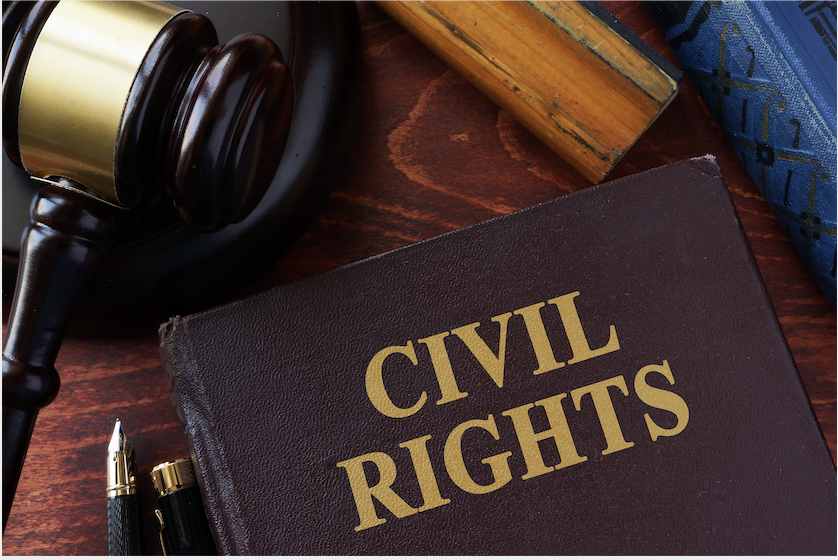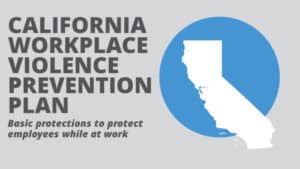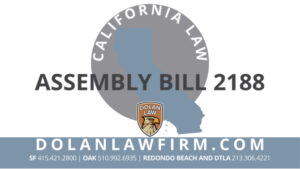By: Mari Bandoma Callado & Emile A. Davis
The sudden emergence of racist and violent attacks towards people of Asian descent is reminiscent of the discrimination and harassment faced by American Muslims, Arabs and South Asians in the United States after 9/11. Reports of microaggressions in public, discrimination by business establishments, workplace discrimination and harassment, and threats of and actual acts of violence towards Asian Americans and Pacific Islanders have been on the rise. The online reporting forum Stop AAPI Hate shared that it has received over 650 direct reports of discrimination against primarily Asian Americans since its inception on March 18, 2020.
Racially-motivated hate crimes and threats from white supremacists and other domestic groups have also been on the rise. There are ongoing federal investigations related to extremists exploiting the Covid-19 pandemic. The Federal Bureau of Investigation’s New York office issued an alert reporting that extremists groups are encouraging intentional spread of the coronavirus to police officers and members of the Jewish community. The Department of Homeland Security also warned about white supremacists calling to spread the virus and target diverse neighborhoods and places of worship.
Discrimination and hate-based attacks like these have far-reaching implications for our society. It is a problem that should not be ignored, lest it grow worse. This article discusses the various available causes of action, theories of liability and potential defendants to address the heinous attacks on individuals or groups based on race, national origin and ethnic background in civil court.
Discrimination by Business Establishments
—
The Unruh Civil Rights Act specifically outlaws discrimination by all business establishments in California based on sex, race, color, religion, ancestry, national origin, mental or physical disability, age or medical condition (including HIV status). “Business establishments” includes but is not limited to hotels, restaurants, theaters, hospitals, and retail stores.
Workplace Discrimination and Harassment
—
An employer who treats an employee differently because of race, national origin, or ethnic background or fails to protect an employee from race, national origin or ethnicity-based harassment is violating Title VII of the Civil Rights Act of 1964 and the California Fair Employment and Housing Act (“FEHA”). There are two main types of workplace discrimination: disparate treatment and disparate impact. Disparate treatment occurs when an employment action is taken by an employer against an employee because of their race, national origin, ethnicity or other protected characteristic. Disparate impact happens when an employer’s actions create a policy that discriminates against an entire protected group of employees.
Hate Crimes, Ralph and Bane Acts
—
The core causes of action in a hate-crime based civil action will likely be the Ralph Act or Bane Act. If you are a victim of violence, both are likely to apply.
The Ralph Act guarantees that each person in California be free of violence, intimidation and the threat of violence, against their person or property based upon actual or perceived protected classifications, including, but not necessarily limited to: citizenship, immigration status, political affiliation, race, and national origin.
The Bane Act is slightly different. It guarantees that people in California be free from interference by the actual or attempted “threat, intimidation, or coercion”… “with the exercise or enjoyment”… “of rights secured by the Constitution or laws of the United States, or of the rights secured by the Constitution or laws of this state.”
Related Causes of Action
—
The perpetrator of the hate crime may also be liable for Intentional Infliction of Emotional Distress, Assault and Battery and potentially general negligence. Intentional Infliction of Emotional Distress occurs when an individual purposely causes severe emotional distress to you as a result of extreme and outrageous conduct.
—
Most often, hate crimes are criminally prosecuted against the individuals responsible. In a civil suit, it is imperative to look for other potential theories of liability and other defendants. Individual defendants rarely have the resources to compensate the victim for the damages they caused.
An employer may be liable for hate-crime based actions when the employer either authorized the tortious act or subsequently ratified an originally unauthorized tort. Theories of negligent hiring and supervision may also reach to the employer of the perpetrator of the hate crime.
The surrounding area and circumstances should be explored for a potential premises liability cause of action. Did the incident occur at a bar or restaurant? If so, several dram-shop based duties may come into play and are impacted by levels of knowledge, security, and past events. It may not even be enough for a licensed dram shop to merely warn of dangerous persons outside the premises, they may have an active duty to assist to avoid danger to a patron.
If a vehicle was involved in the attack, other avenues of recovery may be open for the victim of the hate crime.
Groups or organizations of which the perpetrators of the hate crime are members may be responsible under agency theories depending upon the circumstances. Or, if the perpetrator of the hate crime is a member of a hate-group, that group may be independently liable for their own wrongful acts in organizing, planning or otherwise encouraging the crime.
If you think you are discriminated against or harassed by a business establishment or in the workplace, or if you have been the target of a hate crime, contact the Department of Fair Employment and Housing, or consult with a trial attorney to protect your rights.
The Asian Pacific Policy and Planning Council (A3PCON) and Chinese for Affirmative Action (CAA) have launched a reporting center to allow Asian Americans and Pacific Islanders to report incidents of hate they have experienced. To file an incident report, please go to Stop AAPI Hate’s website: http://www.asianpacificpolicyandplanningcouncil.org/stop-aapi-hate/










